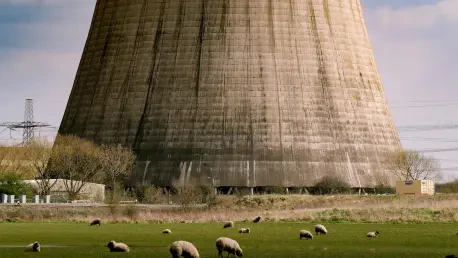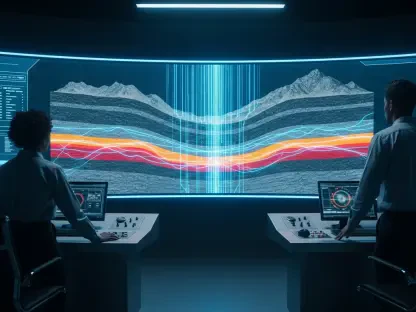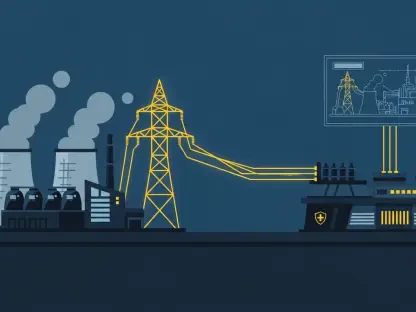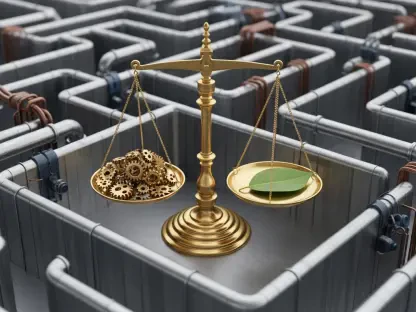In a chilling escalation of tensions, Ukraine has accused Russia of deliberately severing the external power connection to the Zaporizhzhia nuclear power plant, a critical facility under Russian control since the early stages of the ongoing conflict, thrusting nuclear safety into the spotlight. This alarming development has Ukrainian officials warning of catastrophic risks stemming from the plant’s reliance on emergency diesel generators for nearly three weeks. The disconnection, according to Ukrainian Foreign Minister Andrii Sybiha, is not a mere technical glitch but a calculated move by Russia to test a potential redirection of the plant’s grid to its own system. Such an act, labeled as an attempted theft of a Ukrainian asset, raises profound concerns about the security of one of Europe’s largest nuclear facilities. Amid mutual accusations and conflicting narratives, the situation at Zaporizhzhia serves as a stark reminder of how geopolitical rivalries can endanger global safety if left unchecked.
Power Disconnection Sparks Safety Fears
The core of Ukraine’s allegations centers on the intentional disconnection of the Zaporizhzhia plant from the Ukrainian power grid, a move that has left the facility without a stable external power source. Ukrainian authorities assert that this is part of a broader Russian strategy to integrate the plant into its own energy network, a fear that has persisted since the facility was seized. Although the plant is not currently generating electricity, a reliable power supply remains essential to cool nuclear fuel and prevent a meltdown—a scenario that emergency diesel generators can only temporarily avert. The International Atomic Energy Agency (IAEA) has expressed deep concern over the situation, confirming that efforts to restore the connection are underway while urging both nations to refrain from actions that could further jeopardize safety. Meanwhile, Ukraine has criticized Russia for misleading the international community by attributing the outage to unrelated causes, highlighting a profound lack of trust that complicates any resolution.
Geopolitical Tensions and International Oversight
The standoff over Zaporizhzhia underscores the deep mistrust between Ukraine and Russia, with each side blaming the other for compromising the plant’s security through alleged shelling and deliberate sabotage. Ukrainian President Volodymyr Zelenskyy has publicly stated that ensuring the facility’s safety is not in Russia’s interest, calling for a stronger and more transparent response from the IAEA to address the crisis. On the other hand, Russian officials, including Deputy Foreign Minister Sergei Ryabkov, have denied plans to restart the plant without a stable power source, despite contradictory signals from Russia’s state nuclear corporation, Rosatom, about potential preparations. This inconsistency fuels uncertainty and heightens risks. The IAEA’s repeated calls for caution reflect a consensus on the urgent need to prioritize nuclear safety over political motives, yet the lack of a unified narrative between the conflicting parties keeps the situation precarious. International cooperation and oversight have emerged as critical steps taken to prevent a disaster, with past efforts focusing on dialogue to stabilize the plant’s operations.









